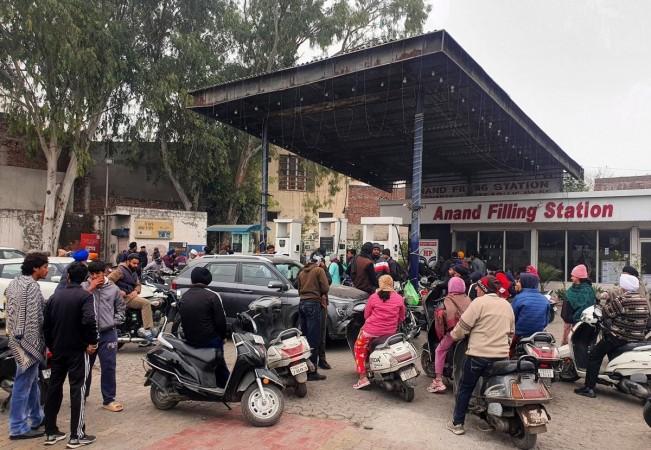
India is making significant progress in its quest for sustainable energy solutions, with ethanol blending in petrol reaching a notable milestone. As of July, public sector oil companies have achieved an ethanol blending rate of 19.93 percent, bringing the average for the ongoing Ethanol Supply Year (ESY) 2024–25 to 19.05 percent. This development was shared with the Parliament, marking a pivotal moment in the country's energy sector.
Originally, the target for blending 20 percent ethanol with petrol was set for 2030. However, due to rapid advancements and strategic initiatives, this goal has been brought forward to the Ethanol Supply Year 2025-26. Minister of State for Petroleum and Natural Gas, Suresh Gopi, highlighted this progress in a written reply to a question in the Rajya Sabha, underscoring the government's commitment to promoting ethanol as a cleaner alternative to traditional fossil fuels.
The Ethanol Blended Petrol (EBP) Programme has been instrumental in this initiative. Under this program, Public Sector Oil Marketing Companies (OMCs) such as Indian Oil, Bharat Petroleum, and Hindustan Petroleum are actively involved in selling ethanol-blended petrol. This move not only aims to reduce the carbon footprint but also seeks to enhance energy security by reducing dependency on imported crude oil.

To ensure the availability of feedstock for ethanol production and achieve the 20 percent blending target by ESY 2025-26, the government has implemented several measures. One of the key strategies includes the expansion of feedstock sources for ethanol production. This involves the development of maize clusters around ethanol plants, which is expected to boost maize production in the catchment areas of grain-based distilleries.
In addition to maize, the government has approved the allocation of 52 lakh metric tonnes (LMT) of surplus Food Corporation of India (FCI) rice for ethanol production. This allocation is set for each of the Ethanol Supply Years 2024-25 and 2025-26, with the latter extending up to June 30, 2026. Furthermore, the diversion of 40 LMT of sugar for ethanol production has been sanctioned for ESY 2024-25. These measures are designed to ensure a steady supply of raw materials for ethanol production, thereby supporting the country's blending targets.
To further bolster ethanol production and supply, the government has introduced an administered price mechanism for ethanol procurement under the EBP Programme. This mechanism is aimed at providing a stable pricing framework for ethanol, encouraging producers to increase output. Additionally, the Goods and Services Tax (GST) rate for ethanol used in the EBP Programme has been reduced to 5 percent, making it more economically viable for producers and consumers alike.
Related















